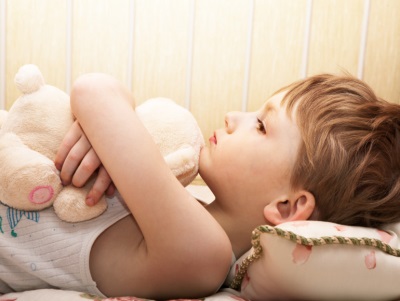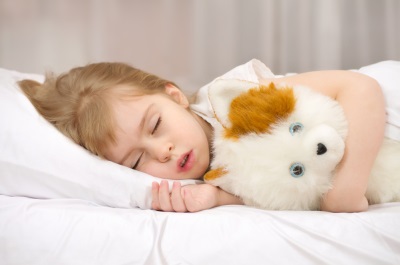How many times a day should a baby sleep?
Each child develops individually and lives according to their own regime, however, there are general recommendations regarding the frequency of sleep in children:
- Sleep frequency in newborns and infants up to 1 month is very difficult to say, but the average amount of sleep per day ranges from 16 to 20 hours. Further, with age, the period of night sleep increases, while the period of wakefulness increases by reducing the amount of daytime sleep. By 3 months, the baby sleeps on average 10 hours at night and 5 hours during the day. By 9 months, night sleep increases to 11 hours, during the day it is reduced to 3x.
- One year old baby and children? up to 1.5 years old usually sleep during the day twice. The first sleep lasts from 2 to 2.5 hours, and the second is less long (about 1.5 hours in total). Night sleep at this age lasts an average of 10-11 hours.
- Children aged from 1.5 years to two years most often sleep already once a day. The duration of such sleep is from 2.5 to 3 hours. Night sleep in these children still lasts from 10 to 11 hours.
- Two to three year olds sleep during the day once from two to two and a half hours. At night, their sleep lasts about 10-11 hours.
- Children over three years old to 7 years old recommend sleeping in the afternoon once. The duration of this sleep is about two hours. Night sleep for children from three to seven years lasts an average of 10 hours.
- Children over 7 years old already rarely sleep during the day. Night sleep at this age is reduced to 8-9 hours.
What affects the frequency and duration of sleep?
The temperament of the child, the stage of development of the toddler, the presence of ailments, the daily regimen, and other factors affect the sleep characteristics of a particular baby.
Comfortable conditions in the children's room, a comfortable bed position, shading of the room with thick curtains, comfortable clothes for the little ones, a favorite toy, as well as the usual ritual contribute to a good sleep.
But because of excessive heat and stuffiness in the room, cutting teeth, pain in the ear, cold, wet diaper and loneliness, the child will wake up more often.
Possible problems
- The child may bang his head against the wall of the bed when he falls asleep. This may be a sign of stress or illness, but if the mother does not see other negative symptoms, the baby just likes how the bed moves rhythmically when it hits her head. Mom should think about the safety of the baby, softening the wall of the bed.
- If a child sleeps less than his peers sleep on average, he will accumulate fatigue. It will be manifested by increased excitability, whims, attempts to fall asleep earlier than usual (for example, at 18 o'clock). In this case, it is recommended to review the laying time of the toddler. You will be able to stack your baby earlier if you slowly and gradually shift the time of falling asleep by 15 minutes.
- Excess sleep can also negatively affect the well-being of the child. He may become lethargic uncommunicative.
- At the age of two, children may have terrible dreams.
- In 3-4 years, some children give up daytime sleep. In this case, parents need to ensure that they are enough to spill out at night - at least 12 hours.

Rituals
It will be easier for the child to fall asleep if the mother repeats the same actions while laying down. They are called ritual. An example of such a ritual can be the following actions, following each other in the same order every day: walking, feeding, bathing, reading a book, feeding, bedding with a muffled light.
It is very important that the ritual habitual for the baby is repeated daily. If the regime on a certain day is lost and there is not enough time for each stage of the ritual, the sequence should remain the same, and the time of each action can be reduced. If the mother leaves the house, she should plan everything so that she can get back to putting the baby on.
Tips
- Toddlers older than 6 months of age begin to wake up less at night. If waking up at night is still frequent, the mother may resort to some tricks to help the baby sleep longer. Among them are late bathing, dense feeding after it and airing the room.
- When weaning, night feedings are usually discarded the last, and for babies receiving the mixture, feeding at night is removed earlier. If you want to wean the baby-artillery from feeding at night, let the baby gradually get less and less of the mixture, and if the baby needs more food, gently soothe the toddler. You can also pour the bottle mixture into a bowl.










